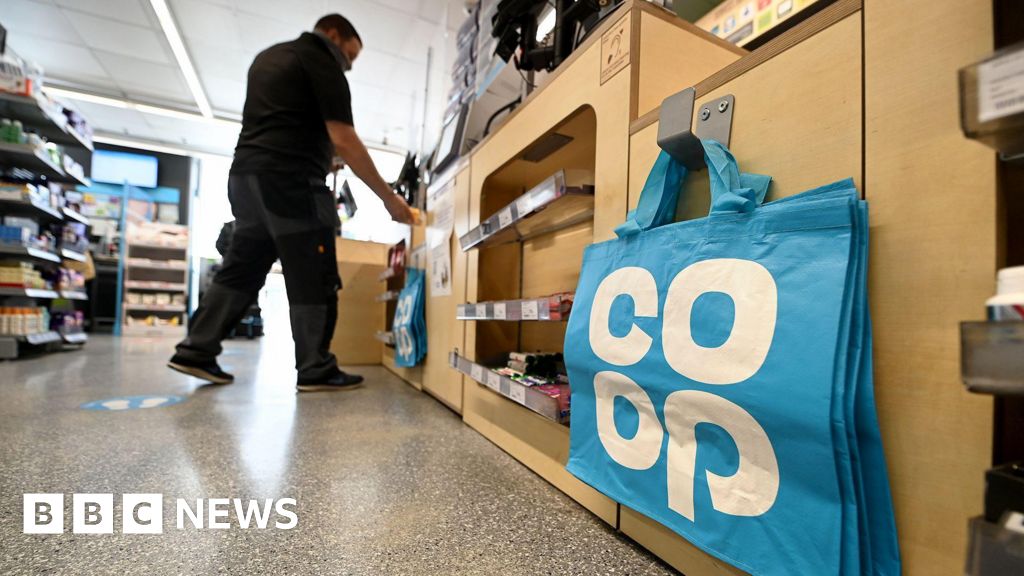Unlock the Editor’s Digest for free
Roula Khalaf, Editor of the FT, selects her favourite stories in this weekly newsletter.
A US warship and three commercial vessels came under attack in the Red Sea on Sunday, according to the Pentagon, in a potential escalation of the fallout from Israel’s conflict with Hamas in a vital trade corridor.
The US defence department cited reports of strikes on commercial ships and the USS Carney, a destroyer that had been operating in the region and had shot down drones and missiles fired from Yemen in recent weeks, according to officials.
The Houthis, an Iran-backed rebel group that controls part of Yemen, separately claimed responsibility for targeting two ships with a drone and missile. The group claimed the ships were linked to Israel.
US Central Command said that the Houthis in Yemen, “fully enabled by Iran”, had targeted three commercial vessels, connected to 14 countries, with ballistic missiles or drones. The UK-owned cargo ship Unity Explorer and two other bulk carriers were struck and reported damage but no casualties.
The USS Carney had responded to the ships’ distress signals and shot down drones heading its way, according to Centcom. There was no damage to the ship, nor injuries to the crew.
“These attacks represent a direct threat to international commerce and maritime security,” said Centcom. “They have jeopardised the lives of international crews representing multiple countries around the world . . . The United States will consider all appropriate responses in full co-ordination with its international allies and partners.”
The attacks underline fears that the military conflict between Israel and Hamas could spread across the Middle East, which would have serious implications for stability in the region and for global trade.
The Red Sea and the waters dividing the Middle East and Africa make up one of the world’s most important trade corridors, offering a shortcut for ships travelling between Asia and Europe.
In recent weeks, the shipping industry has been shaken by the growing threat to ships in the region, particularly after Houthi forces boarded and hijacked a car carrier linked to Israeli businessman Abraham Ungar in November, diverting it to a nearby port under their control.
But until Sunday, the relatively small number of Israeli-owned ships had been considered the most exposed, with some operators choosing to divert away from the region.
Among the reported victims on Sunday was a Japanese-owned bulk carrier that “experienced heavy vibrations” from a nearby explosion and may have been “struck by an unidentified object”, according to maritime security group Ambrey. Ambrey, which offers consultancy and armed protection to shipowners, also said a South Korea-owned crude oil tanker had “sighted an explosion in the air above the vessel”.
Shipowners have in recent days expressed concern about the Houthis’ ability to determine which vessels are Israeli-owned. Ships can change hands and ownership can sometimes be obscure.
The UK’s Royal Navy, which also did not name other victims of the attacks, said “vessels in the vicinity are advised to exercise caution”.
Additional reporting by Felicia Schwartz in Washington
Credit: Source link










